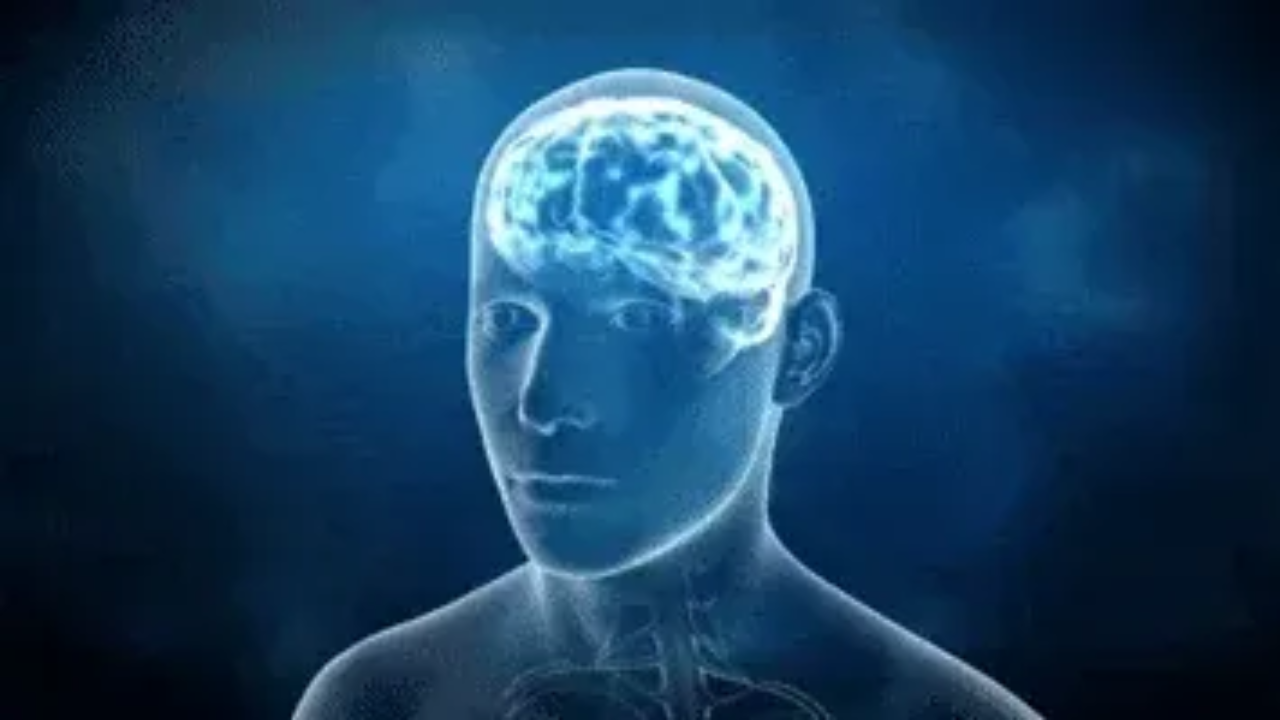Brain and Booze
May 10, 2025
How Alcohol Affects Your Brain—and How You Can Begin to Heal
When you pour that glass of wine or crack open a beer, you probably feel that instant sense of relaxation wash over you. But what’s really happening behind the scenes? The truth is, every sip you take is altering the way your brain functions.
The Brain and Alcohol Connection
Alcohol interacts with your brain’s neurotransmitters—the chemical messengers that control how you think, feel, and act. One of the key players is GABA, which slows things down and creates that feeling of calm. This is why that first drink often feels like the stress just melts away.
But there’s another side to it: alcohol also messes with glutamate, which typically helps with brain function and energy. That’s why after a few glasses, your thoughts might start to get a little fuzzy, and your coordination gets wobbly.
And let’s not forget about dopamine. Alcohol gives you a spike of this “feel-good” hormone, which is why you associate drinking with pleasure. But over time, your brain starts to expect that spike and craves it, leading to habit-forming behavior.
The Long-Term Impact of Alcohol on the Brain
When drinking becomes a routine, those quick spikes of dopamine are followed by deeper lows. You might notice that your mood swings more dramatically, or that you feel anxious and foggy the next day. Over time, regular drinking can impact:
-
Memory and Focus – Ever found yourself forgetting parts of the night before? That’s alcohol interfering with how your brain processes memories.
-
Emotional Regulation – Feeling more irritable or anxious? Alcohol disrupts the natural balance of your mood hormones.
-
Cognitive Function – Over time, grey matter in the brain can shrink, affecting decision-making and mental clarity.
Can Your Brain Heal from Alcohol?
The amazing thing about the brain is its ability to rewire and heal itself when given the chance. When you cut back or stop drinking, your brain begins to repair those neural pathways, boosting your mood, clarity, and overall health. Research shows that neuroplasticity—the brain's ability to reorganize itself—can happen even after years of regular drinking.
Quitting or reducing alcohol isn’t just about physical health—it’s about mental clarity, emotional balance, and overall well-being. Giving your brain the break it needs can transform not just how you feel, but how you live each day.
COMPLIMENTARY COACHING CONNECTION CALL
Experience the power of coaching with a FREE, no-obligation 15-minute connection call. Upon booking, you’ll receive a questionnaire to help me understand your needs better. This is a confidential and informal chat. You can ask questions about my coaching practice and approach, anything you want! The call is via Zoom or phone —Zoom is preferred so we can connect more deeply. If you’re curious about coaching and want a firsthand experience, this call is for you.
Stay connected with news and updates!
Don't worry, your information will not be shared.
